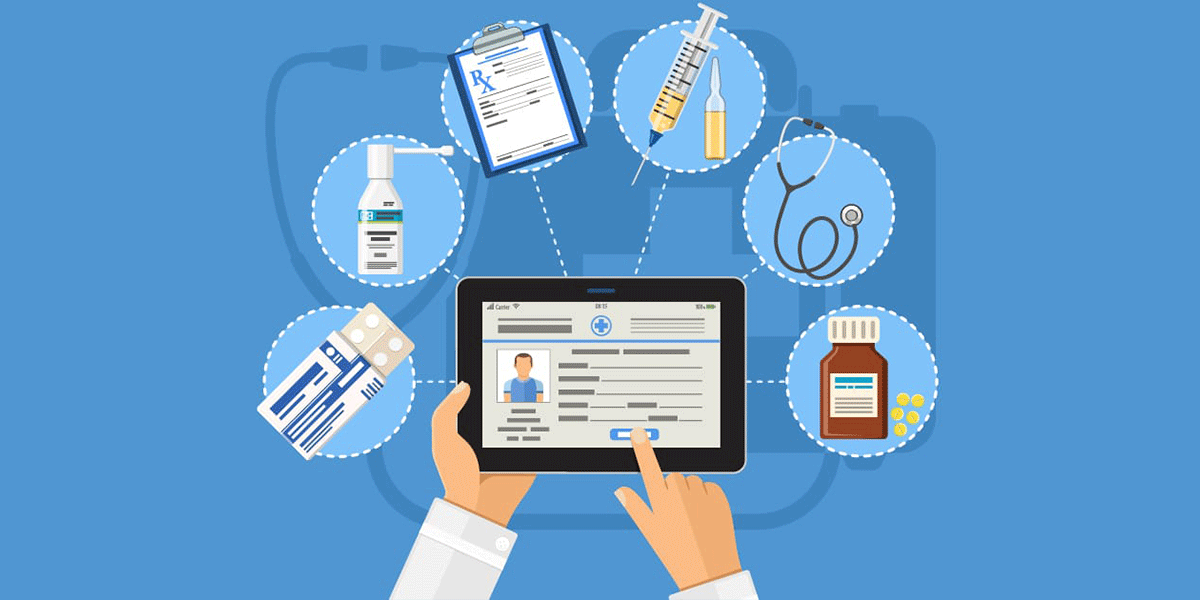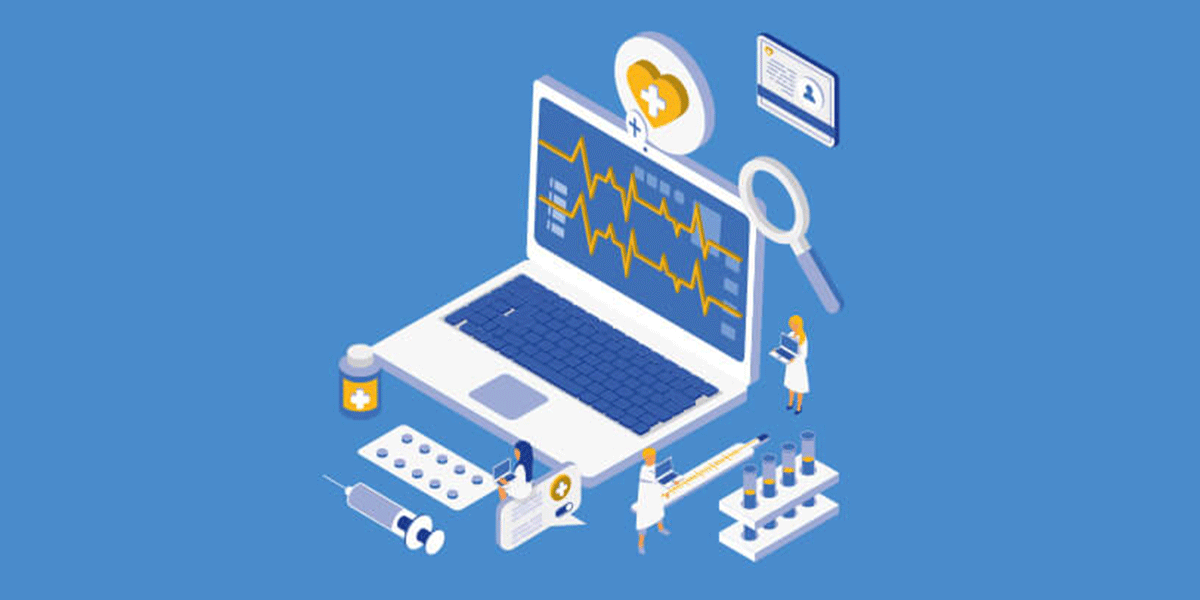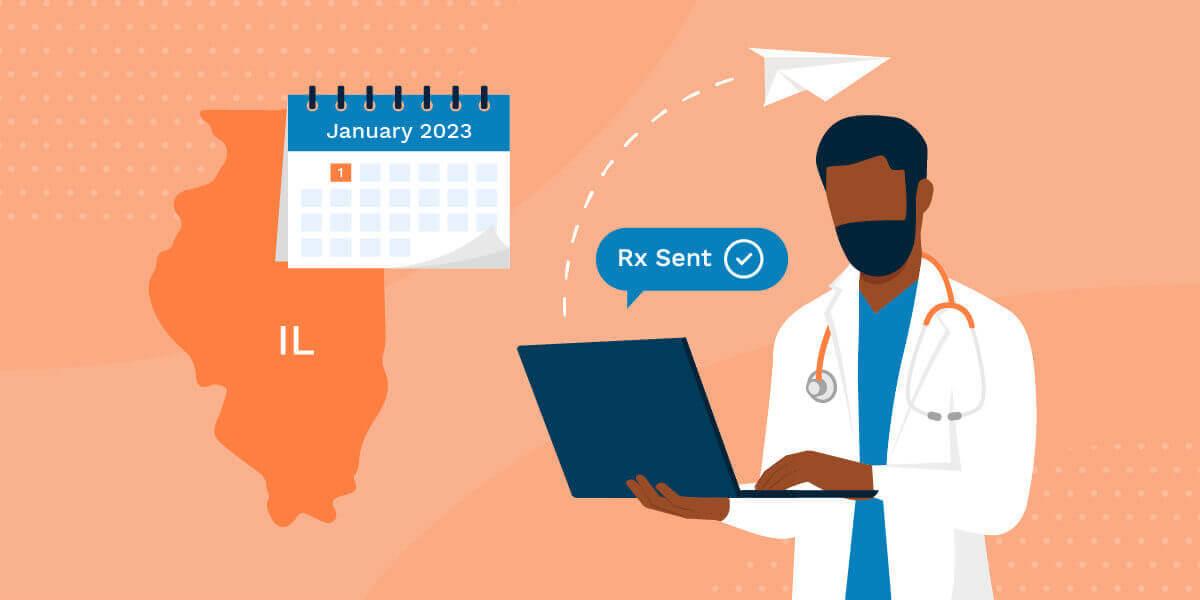
Digital Prescription
Digital prescription, also known as electronic prescription, is a modern method of prescribing medication that utilizes electronic means to create, transmit, and store prescriptions. This technology has the potential to revolutionize the way doctors and patients interact and to improve the overall quality of healthcare.
One of the biggest advantages of digital prescriptions is that they can be created and transmitted quickly and easily. This means that doctors can spend more time with patients and less time on administrative tasks. This can also result in more accurate and timely prescriptions, which can help to reduce medication errors and improve patient outcomes.
Digital prescriptions also have the potential to improve communication between doctors and patients. For example, patients can access their prescriptions online, which makes it easier for them to keep track of their medications and to refill prescriptions. This can also help to reduce the number of missed appointments and to improve patient adherence to treatment plans.
Another advantage of digital prescriptions is that they can improve the overall efficiency of healthcare systems. Electronic prescriptions can be easily and quickly transmitted between doctors, pharmacies, and insurance providers, which can help to streamline the process of obtaining medication. This can also reduce the risk of errors and fraud and can help to lower healthcare costs.
However, there are also challenges that need to be addressed in implementing digital prescriptions. One of the major challenges is to ensure the security and privacy of patient information. This is critical to protect patients' personal information and medical history from unauthorized access and to maintain trust in digital prescriptions.
In conclusion, digital prescriptions have the potential to revolutionize the way doctors and patients interact and to improve the overall quality of healthcare. However, it is important to address the challenges and to ensure the security and privacy of patient information. With the right implementation, digital prescriptions can help to improve patient outcomes, reduce medication errors, and lower healthcare costs.
Recent Posts

Bangladeshi Health Situation.

Advantage of Digital Prescription.

Future of digital health care company.

How to improve health care in bangladesh?

Importance of digital prescription in bangladesh.

Importance of digital health care data.

Why we need digital health care in south asia?



